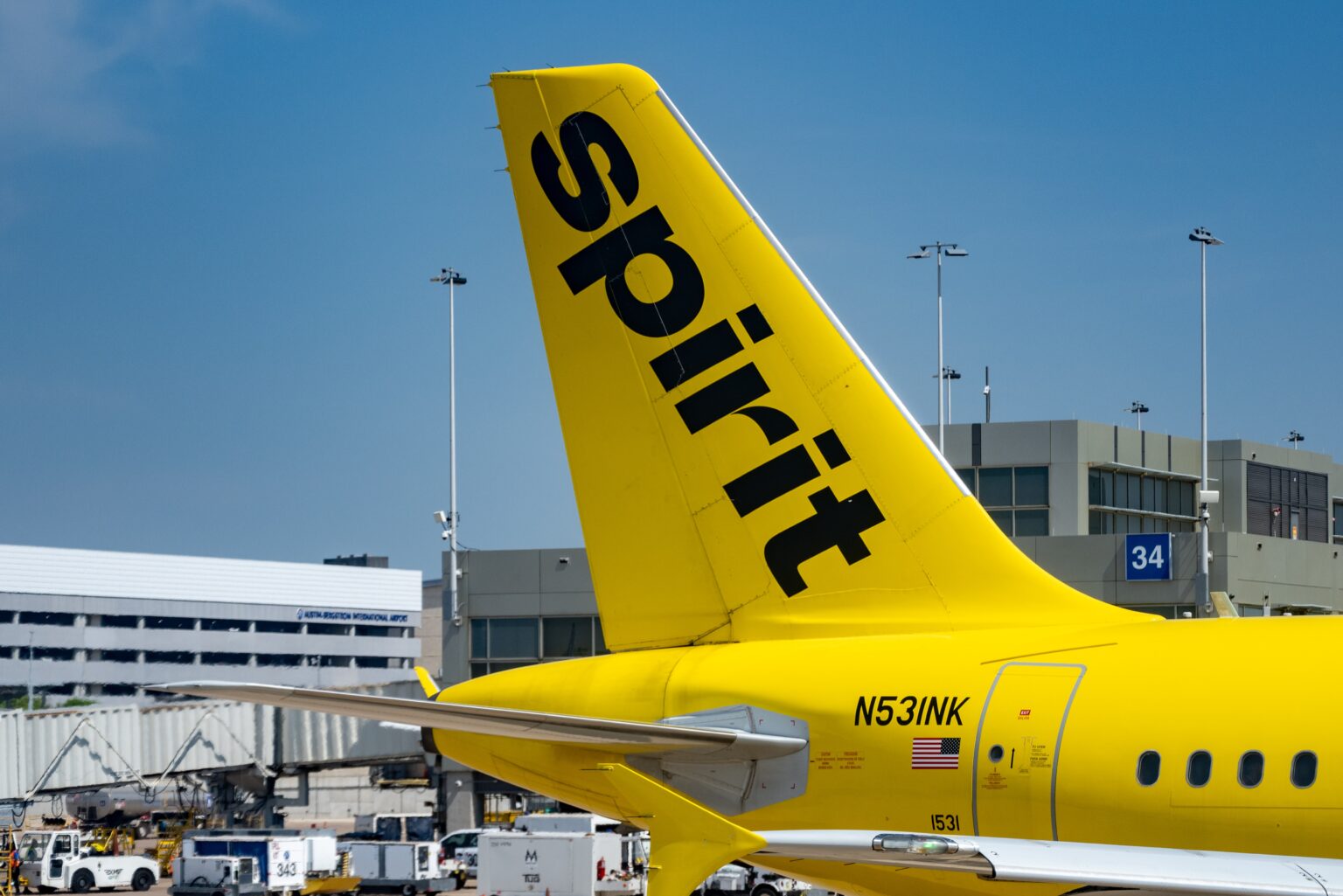Spirit Airlines, the largest budget carrier in the U.S., has built its reputation on offering no-frills, ultra-low-cost flights. However, that business model appears to have hindered, rather than helped, its long-term growth prospects.
Coupled with rising operational costs and intensified competition, the budget airline has found itself navigating a precarious financial position. The drop in passenger traffic has added to Spirit’s ongoing struggles.
The airline’s challenges have been worsened by the ongoing struggles of the aviation industry post-pandemic, which has yet to fully rebound. Among the hardest hit, Spirit has faced mounting pressures that may have been exacerbated by its cost-cutting policies.
Turbulence Ahead
Compounding the financial strain, the budget airline recently eliminated its change and cancellation fees—a revenue stream that once represented a substantial portion of its income.
According to a related press release, the policy change was done as part of a strategy to improve its customer experience, compete effectively, and navigate its post-pandemic recovery challenges.
Spirit Airlines’ recent financial moves seem to have hinted at the turbulence ahead for the budget carrier. On November 12, the airline filed an SEC Form 12b-25, indicating a delay in submitting its quarterly report—a move that often signals deeper financial strains. Just days later, on November 18, Spirit formally filed for bankruptcy in a New York court.
According to the bankruptcy protection filing, since 2020, Spirit Airlines has endured losses exceeding $2.5 billion and is staring down an additional $1.1 billion in debt from secured and convertible notes maturing in 2025 and 2026.
That same day, Spirit Airlines published an “an open letter to all Spirit guests” that it had entered into a restructuring support agreement. The agreement is endorsed by a majority of the airline’s key creditors, including holders of convertible bonds.
Failed Mergers
Adding to its woes are the failed mergers with Frontier and JetBlue Airlines. First was the $2.9 billion attempt to merge with Frontier Airlines to create the largest ultra-low-cost carrier in the US. Spirit terminated the merger after multiple delays, regulatory scrutiny, and skepticism from its shareholders.
Next came the attempt by JetBlue to acquire and integrate Spirit’s fleet and routes into its operations for $3.8 billion. This was blocked by the Department of Justice, which argued that allowing the merger would reduce competition and raise fares. The merger was ultimately struck down after a federal judge ruled against it, citing anti-trust concerns.
Related: Kroger-Albertsons Merger Draws FTC Attention
These failed mergers left the airline with even more losses on the balance sheet.
As part of its restructuring efforts, Spirit plans to convert $795 million of its funded debt into equity. Additionally, the airline has secured a $350 million equity investment and $300 million in debtor-in-possession financing from its existing bondholders.
As part of its restructuring, Spirit will also divest certain assets to raise additional funds and streamline its fleet operations. This financing intends to ensure the airline’s continued operations during the bankruptcy process.
Spirit has committed to fulfilling its financial obligations to vendors and employees, including wages and benefits. Additionally, the airline assures customers that flights, ticket sales, and loyalty programs will continue without disruption.
Spirit Airlines is the first major U.S. airline to file for bankruptcy since American Airlines in 2011. Spirit Airlines is set to be delisted from the New York Stock Exchange. Existing shares are expected to be canceled and rendered worthless as part of the restructuring process.
A Victory for Short Sellers
Spirit’s bankruptcy comes as is excellent news for short sellers betting on the company’s downfall.
Short selling artificially manipulates the sell side or market dynamics further driving down the share price and benefiting those who bet against the company’s success. Delisting means they are no longer required to buy back the shares they “borrowed” and sold into the market.
Additionally, short sellers reap tax-free profits by selling shares they never owned. Instead, they sell shares they “borrow.” However, if the company is delisted, they never have to “return” the share they borrow.
As of Monday, Dec. 2, more than 34.65% of Spirit’s total tradable shares are “sold short,” according to MarketBeat.
The airline aims to emerge from bankruptcy by early 2025, with plans to reduce its total debt, enhance financial flexibility, and position itself for long-term success.
Related: 11 Companies That Filed For Bankruptcy in 2024
This article is for informational purposes only and does not constitute financial advice. Neither Fiscal Report nor the author receive a commission through links in this content nor have any affiliation with any of the people or organizations mentioned in this article.


